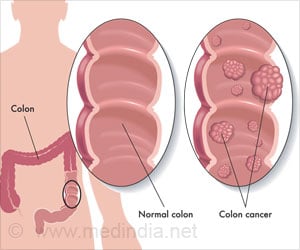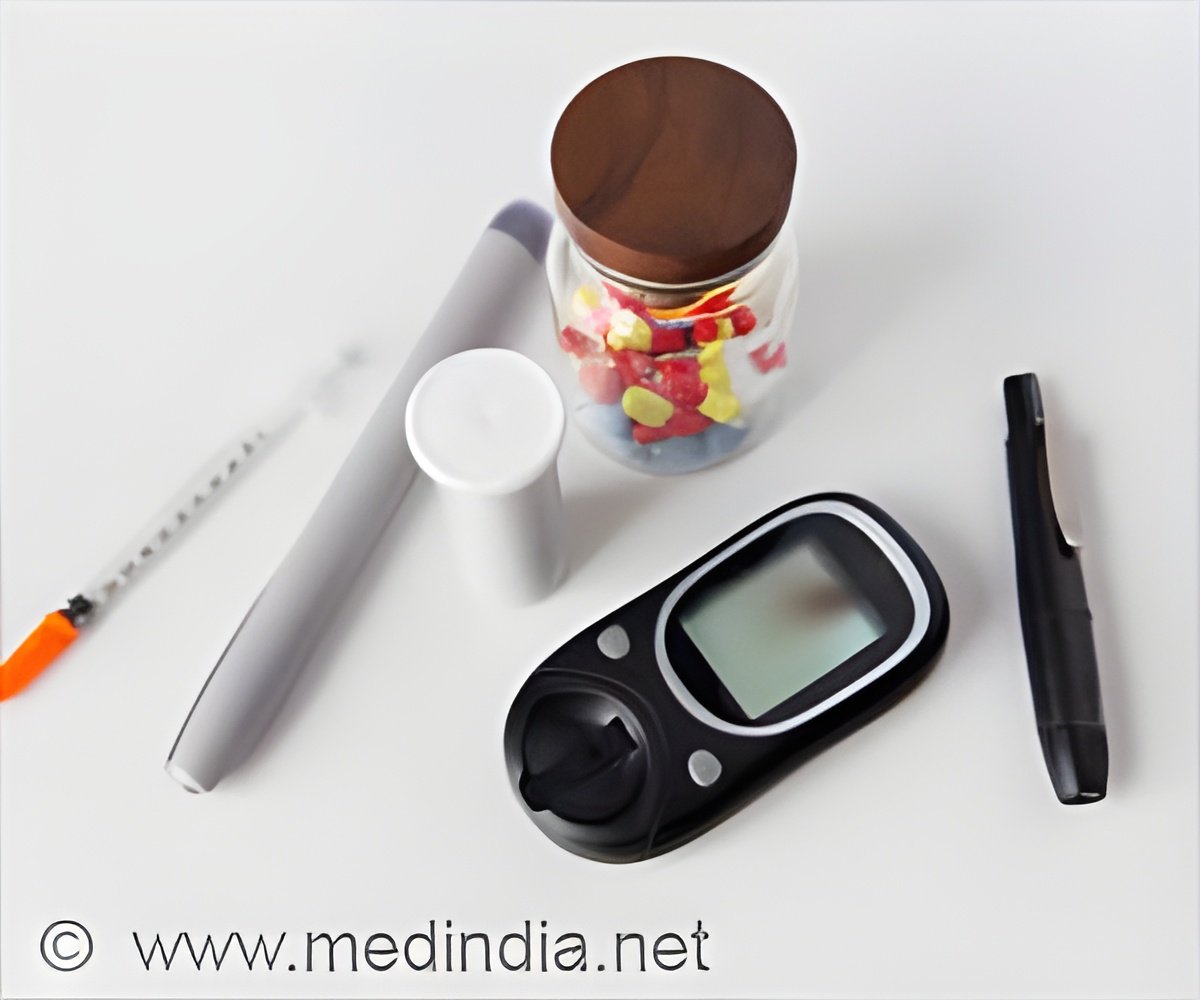“We hope results from the VOYAGE trial will lay the groundwork for dupilumab as a potential new treatment option for patients aged 6 to 11 with moderate-to-severe asthma,” said study author/investigator Leonard B. Bacharier, MD, professor of pediatrics, allergy/immunology/pulmonary medicine, Monroe Carell Jr. Children’s Hospital at Vanderbilt University Medical Center.
“We also hope this study will lead to better characterization and understanding of the role of type 2 inflammation in asthma in pediatric patients.”
Dupilumab was found to be effective and have a demonstrated safety profile in adolescents and adults with moderate-to-severe asthma, patients six years of age and older with moderate-to-severe atopic dermatitis, and adults with chronic rhinosinusitis with nasal polyposis.
The trial was done on 408 children ages 6-11 with uncontrolled moderate-to-severe asthma in the trial.
The researchers performed pre-specified primary analyses in two populations in the study: 350 patients with markers of type 2 inflammation (baseline blood eosinophils ?150 cells/μl or fractional exhaled nitric oxide (FeNO) ?20 ppb) and 259 patients with baseline blood eosinophils ?300 cells/μl.
Patients receiving high-dose inhaled corticosteroid alone or medium-to-high dose inhaled corticosteroid with a second asthma controller were randomized to either receive 100 mg or 200 mg subcutaneous (under the skin) dupilumab or a matched placebo for up to 52 weeks.
For each participant randomized to receive placebo, two participants were randomized to receive dupilumab.
Dupilumab decreased patients’ exacerbation rate by 59.3 percent, improved FEV1pp and reduced FeNO (a measure of airway inflammation) significantly at 12 weeks as compared to placebo.
At week 24, there is a greater improvement scores as compared to placebo on the Asthma Control Questionnaire Interviewer Administered, in which interviewees answer questions on asthma control.
“The effect of dupilumab on improving lung function in these children was particularly impressive,” noted Dr. Bacharier. “Decreased lung function is associated with an increased risk of future asthma exacerbations. In addition, impaired lung function can result in abnormal lung growth. In this trial, dupilumab demonstrated significant and rapid improvement in lung function within two weeks that was sustained for up to 52 weeks, compared to placebo.”
Type 2 inflammatory conditions, such as atopic dermatitis, food allergy, and allergic rhinitis, commonly co-exist in children with type 2 asthma.
Type 2 inflammation results from the increased release of interleukin, which cause wheezing, shortness of breath, and coughing. Dupilumab is a fully human monoclonal antibody that inhibits the signaling of IL-4 and IL-13.
Source: Medindia



